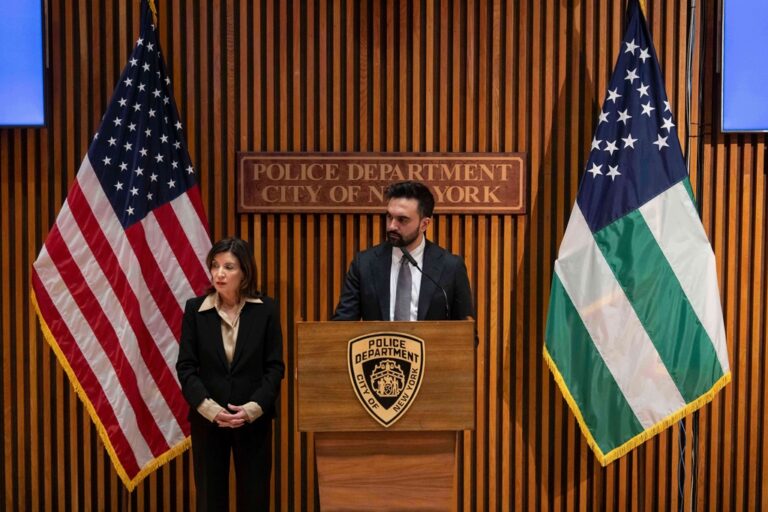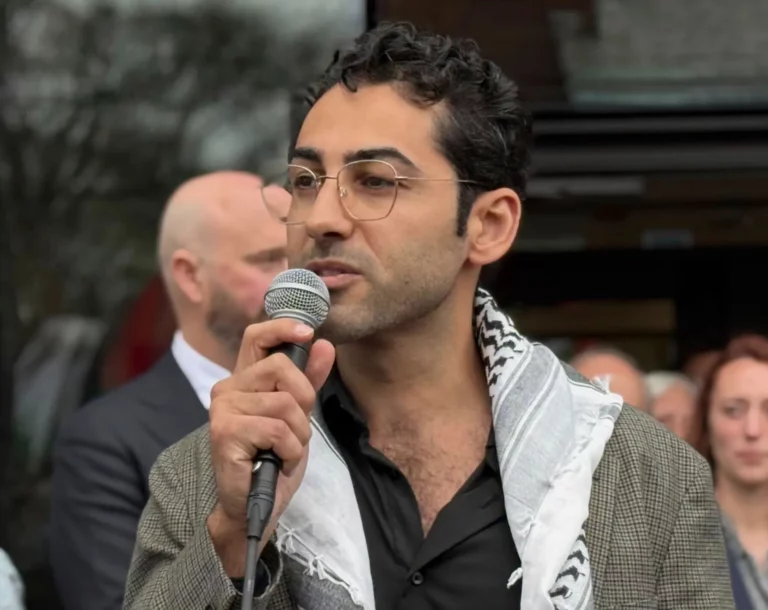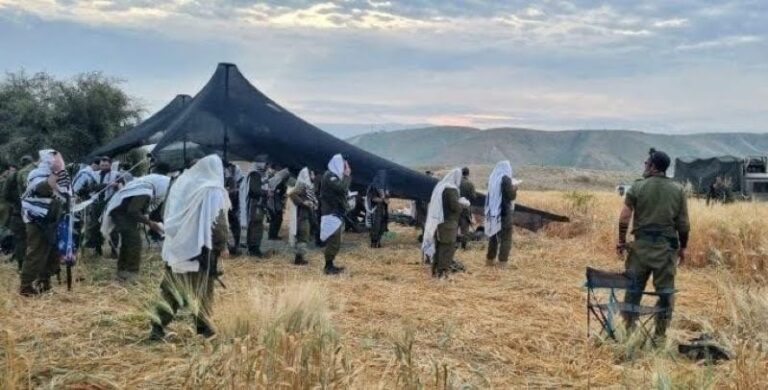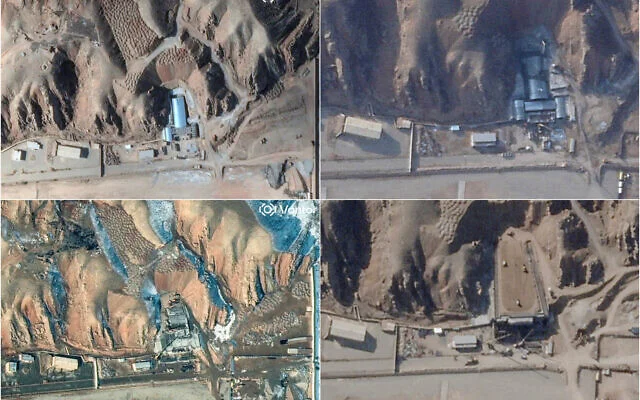Ki asher r’isem es Mitzrayim hayom lo sosifu lirosam od ad olam (14:13)
Vayar Yisroel es Mitzrayim meis al s’fas ha’yam (14:30)
The Beis HaLevi, who served as the Rav of the city of Brisk, was once studying with his son Chaim when a man entered to ask the Rav a question. The man had gotten into a major disagreement with a friend of his. In the heat of the moment, he took a vow swearing that he would never again see his friend. However, the friend had just passed away.
The man who took the vow served on the city’s chevra kaddisha (organization which ritually prepares the dead for proper burial) and wanted to know if he was permitted to help prepare the body for the funeral. He reasoned that perhaps “seeing” his friend’s dead body wasn’t really considered seeing and wouldn’t violate his oath. He came to ask the Rav’s opinion on the matter. The Beis HaLevi turned to his son Chaim, then a young lad of eight, to ask for his thoughts on the subject.
Rav Chaim replied that the question is explicitly answered in the week’s Torah portion (which was Beshalach). Moshe told the Jewish people not to worry, as they would never again see their Egyptian oppressors. However, several verses later we are told that they saw the Egyptians dead on the seashore. The Medrash explains that they didn’t see the Egyptian bodies from a distance. Each Jew was able to discern the face of the Egyptian who had been his personal taskmaster, which would seem to violate the promise made by Moshe. Rather, we can conclude from here that “seeing” somebody after his death isn’t considered seeing at all.
Uv’nei Yisroel halchu bayabasha b’soch hayam v’hamayim lahem chomah miy’minam u’mismolam (14:29)
The Medrash teaches (Yalkut Shimoni 234) that when the Jewish people were crossing the Red Sea, the prosecuting angel argued that it was inappropriate for Hashem to perform miracles on their behalf since they had worshipped idolatry in Egypt. This argument is difficult to understand. If their idolatrous practices represented a reason that Hashem shouldn’t perform miracles on their behalf, why did he wait until this point to make this argument instead of pressing his claim during the entire year that Hashem was performing the ten plagues on their behalf?
The Meshech Chochmah answers by pointing out a curious apparent contradiction. With regard to commandments which are violated through actions, such as idolatry and forbidden relationships, the Torah prescribes an appropriate punishment, such as death, lashes, and kares (spiritual excision), for each transgression. On the other hand, no such punishment is given in conjunction with mitzvos that are transgressed through corrupt character traits, such as forbidden gossip or hating another Jew.
However, this dichotomy applies only to sins committed by an individual. Regarding communal sins, the rule is reversed. The Yerushalmi teaches (Peah 1:1) that the generation of Dovid HaMelech was righteous, yet they still fell in battle because they spread rumors about one another. The generation of Achav was full of wicked idolaters, yet they emerged successful and unscathed from their battles because they didn’t gossip about one another. He explains that if the nation is corrupt in idolatry or adultery, Hashem still dwells among them in the midst of their spiritual impurity, but if they are stricken with bad character traits, He metaphorically abandons them to return to the Heavens.
Because of the communal severity of interpersonal sins, the first Temple was destroyed for the cardinal sins of murder, idolatry, and forbidden relationships, yet it was rebuilt relatively quickly. The second Temple was destroyed for the sin of gossip and baseless hatred, and has yet to be rebuilt (Yoma 9b). Similarly, Hashem forgave the Jewish people for the sin of idolatrously worshipping the golden calf, but He didn’t forgive them for the sin of the spies, which involved negative speech and a lack of gratitude, and decreed that they would die in the wilderness as a result.
With this introduction, the Meshech Chochmah explains that in Egypt, the Jewish people were steeped in the 49th level of spiritual impurity and worshipped idolatry just like the Egyptians. Nevertheless, they had one saving grace, in that they dwelled peacefully and didn’t gossip about one another (Vayikra Rabbah 32:5). As a result, Hashem forgave their other communal sins and miraculously performed the plagues to bring about their salvation, and the prosecuting angel had no grounds for his argument.
However, when they were trapped at the Red Sea by the pursuing Egyptians, the Medrash (Yalkut Shimoni 233) teaches that they divided into four groups who fought about the appropriate strategy. Only at this time, when the Jewish nation lacked unity, was the prosecuting angel able to argue that they should be judged for their individual sins, such as idolatry, and Hashem should not perform further miracles on their behalf. In these difficult times for our nation, let us strengthen ourselves in our pursuit of unity and love for our fellow Jews, and in that merit, Hashem should perform miracles for us just as He did for our ancestors in Egypt.
Zeh Keili v’anveihu Elokei avi v’arom’menhu (15:2)
Rashi writes that the clarity of the Divine revelation at the Red Sea was so great that even the lowest maidservants reached tremendous levels in seeing Hashem, levels which even many of the greatest prophets never merited reaching. Why does Rashi specifically refer to the maidservants, and where is it at all hinted to that the maidservants reached such levels?
The Vilna Gaon notes that the Mishnah in Bikkurim (1:4) rules that a convert must bring bikkurim (first-fruits) to the Beis HaMikdash, but he does not read the verses (Devorim 26:5-10) that other Jews do when bringing them. These verses refer to the enslavement of “avoseinu” – our ancestors – something which isn’t true of the convert’s forbearers.
Our verse may be split in two, with the first half referring to “my G-d” and the second half discussing “the G-d of my father.” Why does the Torah split the praises in two, and what is the significance of the switch from “my G-d” to “the G-d of my father?”
The Vilna Gaon explains that the Jewish people said the latter praise and were therefore able to refer to the G-d of their ancestors, as per the opinion of the Mishnah in Bikkurim. The first phrase, which emphasizes the personal G-d of the speaker, must therefore have been said by the maidservants who were unable to refer to their forefathers. The praise said by the maidservants uses the expression “zeh Keili” (this is my G-d). The word “zeh” connotes a physical presence that one is able to point to. Rashi therefore concluded that the maidservants saw Hashem so clearly that they were able to point to Him, a level which even many of the prophets didn’t reach.
Vayamodu vaomer v’lo hedif hamarbeh v’hamam’it lo hechsir ish l’fi achlo lakatu vayomer Moshe aleihem ish al yoseir mimenu ad boker (16:18-19)
Rav Yerucham Levovitz suggests that the laws pertaining to the Manna teach us fundamental concepts regarding trust in Hashem and the efforts we must make to support ourselves. The Torah tells us that regardless of how much Manna a person collected, upon returning home each person found himself with precisely one omer, not more and not less.
This teaches us that a person’s income and success in business isn’t dependent or even related to the amount of effort he puts in. We must labor to support ourselves because this was one of the punishments decreed upon Adam and all of his descendants (Bereishis 3:19), but the results of our efforts are completely independent of our choice of profession and the number of hours we put in, as evidenced by the Manna.
Secondly, the Jews were prohibited from leaving over any of the Manna from one day to the next. The Gemora in Yoma (76a) explains that this was done in order to make them feel constantly dependent on Hashem for their sustenance. We may derive from here the folly of the American dream of “financial security,” which is essentially the pursuit of a life full of trust in oneself and one’s bank account and free of trust in Hashem. In fact, it has been pointed out that although Americans ostensibly purport to have bitochon, as the currency itself says, “In G-d We Trust,” the ironic fallacy it is that they only trust in Hashem when they have the money in their wallet.
Answers to the weekly Points to Ponder are now available!
To receive the full version with answers email the author at [email protected].
Parsha Points to Ponder (and sources which discuss them):
1) Which is the last verse in the Shiras HaYam? (Masechta Sofrim 12:11, Ramban, Ibn Ezra, Rambam Hilchos Sefer Torah end of Chapter 8, Hagahos Rav Tzvi Hirsh Berlin Gittin 90a)
2) How were the Jews able to fulfill the mitzvah of giving tzedakah in the wilderness when there were no poor and needy Jews, as all of them received food and drink on a daily basis? (Rabbeinu Bechaye 16:21, Chiddushei HaRim, Ayeles HaShachar)
3) The Gemora in Yoma (75a) teaches that with the exception of 5 tastes, the Manna tasted like whatever one wanted it to taste like. Did the person eating it need to state the taste that he desired, or was it sufficient merely to think it? (Shemos Rabbah 25:3, Moshav Z’keinim Bamidbar 11:8)
© 2012 by Oizer Alport.









